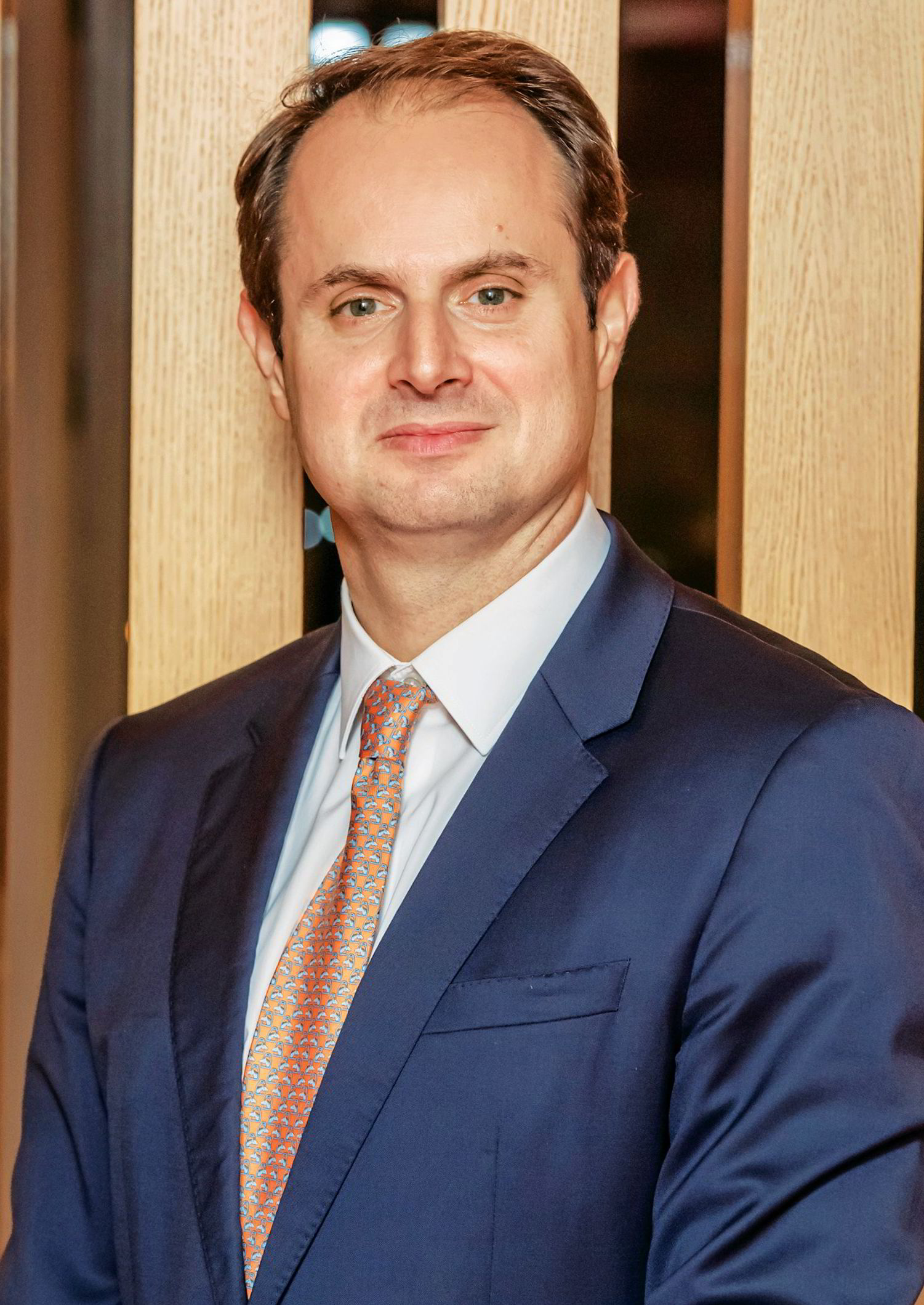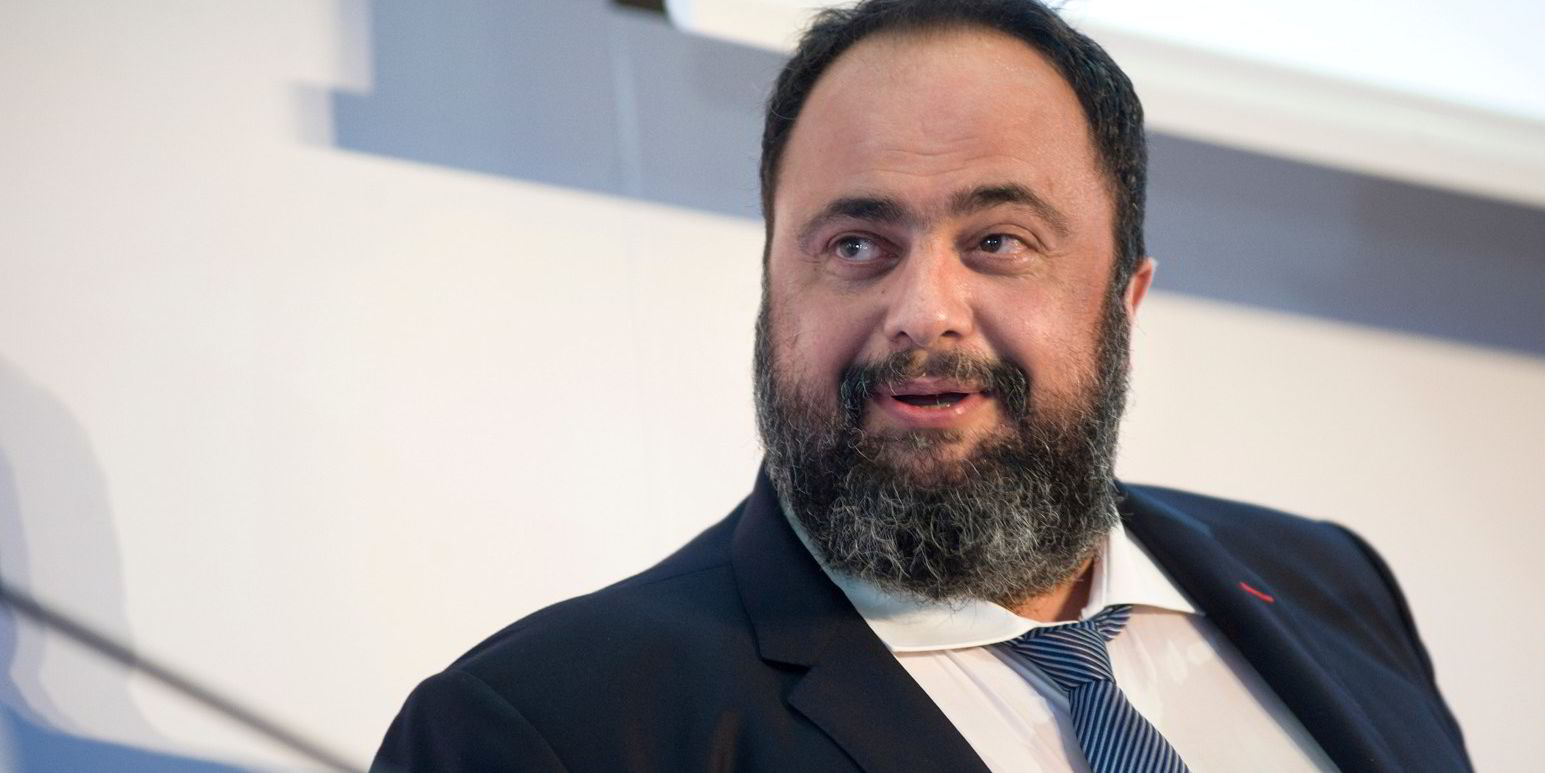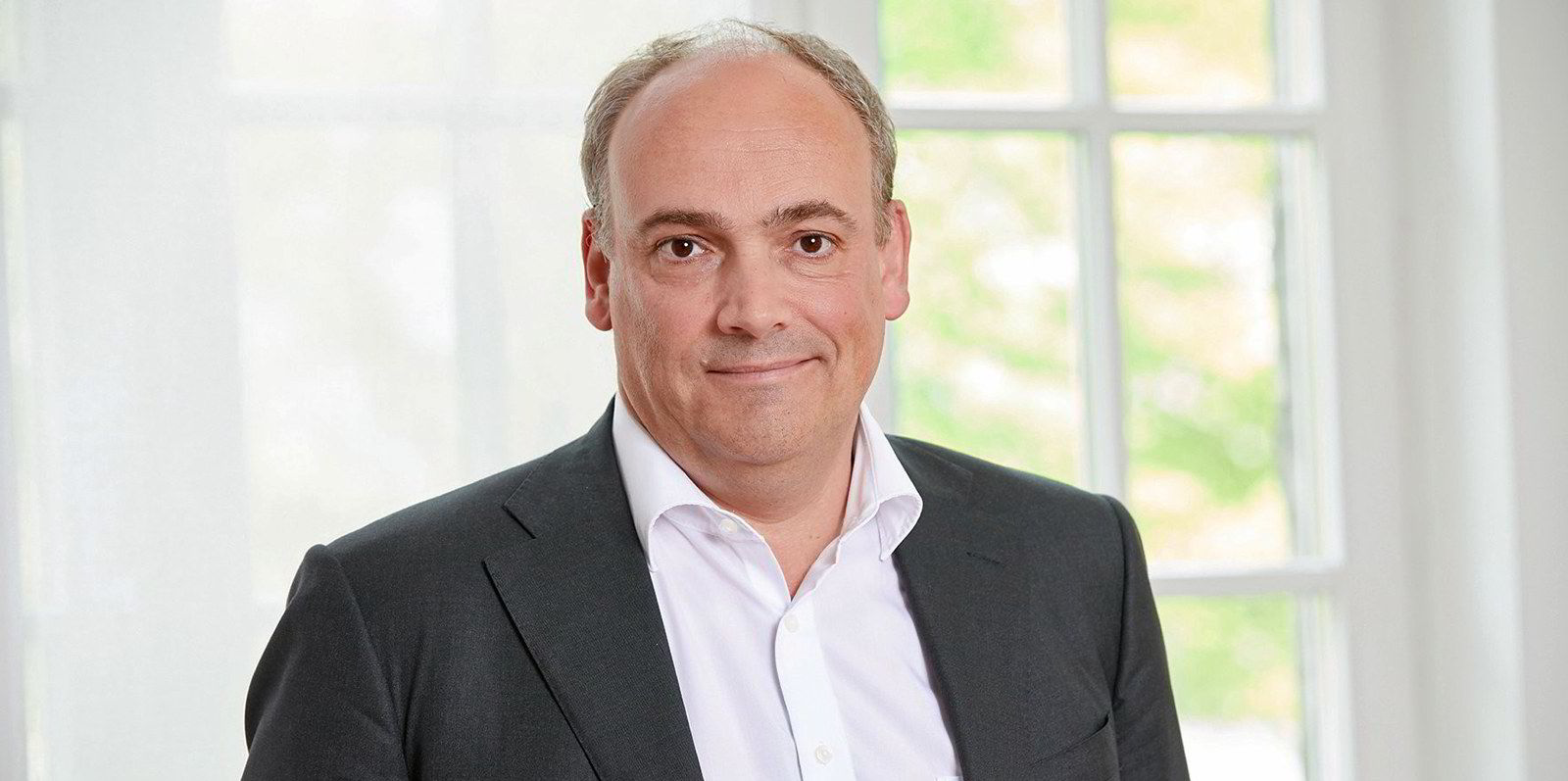New York-listed Capital Product Partners is exploring a pivot into LNG carriers from the private fleet of Greek owner Evangelos Marinakis as it plots fleet expansion.
The company is weighing the eventual expiry of charters on ships in its containership stable, with the last ending in 2024.
Capital Product chief executive Jerry Kalogiratos briefed analysts on the pending discussions after the public owner reported a second-quarter profit of $35.4m that was largely fuelled by gains from a vessel sale.
Net income amounted to $1.89 per share, or $0.53 per share if profits from the sale of the 9,288-teu CMA CGM Magdalena (built 2016) are excluded. This compared with net income of $0.46 for the second quarter of 2020.
The result was slightly below analyst expectations of $0.56 per share and the $0.63 projection by investment bank Jefferies, according to lead shipping analyst Randy Giveans. He tied the miss to operating and interest expenses.
Much of Friday's earnings call focussed, however, on Capital Product's plans to move the company forward, as Kalogiratos made the case that tankers within the fleet of Marinakis vehicle Capital Gas made the most sense for quick expansion.
Capital Gas already has taken delivery of three 174,000-cbm units from South Korea's Hyundai Heavy Industries, and it has three more newbuildings scheduled for delivery by the end of September. All feature charters between six and 13 years to energy majors.
"We are sitting on a very comfortable liquidity position," Kalogiratos told analysts. "We want to take advantage of that. We are working toward having a plan for acquisitions going forward."
He said he believes the company would focus first on LNG carriers.

"These vessels are in the water and can generate returns from day one. These are brand new vessels," Kalogiratos said. "It's important to bring down the average age of the fleet. And they are environmentally friendly. It will actually bring down the carbon density of the fleet, which is very important."
With liquidity approaching $150m within the current quarter, it could be possible to acquire two or three LNG carriers using cash on hand and "some incremental capital", Kalogiratos suggested.
"Hopefully we will have more news in the coming months if not weeks," he said.
A further option could be a trio of 13,278-teu containership newbuildings to be delivered from HHI between October 2022 and May 2023, all backed by long-term charters to German liner operator Hapag-Lloyd, he said.
Still, the LNG carriers are a quicker option and also could benefit from what Kalogiratos called "an inflection point" for that market.
Questioned on the comment by analyst Ben Nolan of Stifel, Kalogiratos said one advantage of the company's relationship with Marinakis' Capital Maritime is its ability to see market developments across several vessel classes.
"The LNG market does look like it's at a turning point. We've seen the charter market improve in the last few months," Kalogiratos said, adding that long-term fundamentals see demand growth in Asia and increasingly in Europe as carbon credits become more costly.






